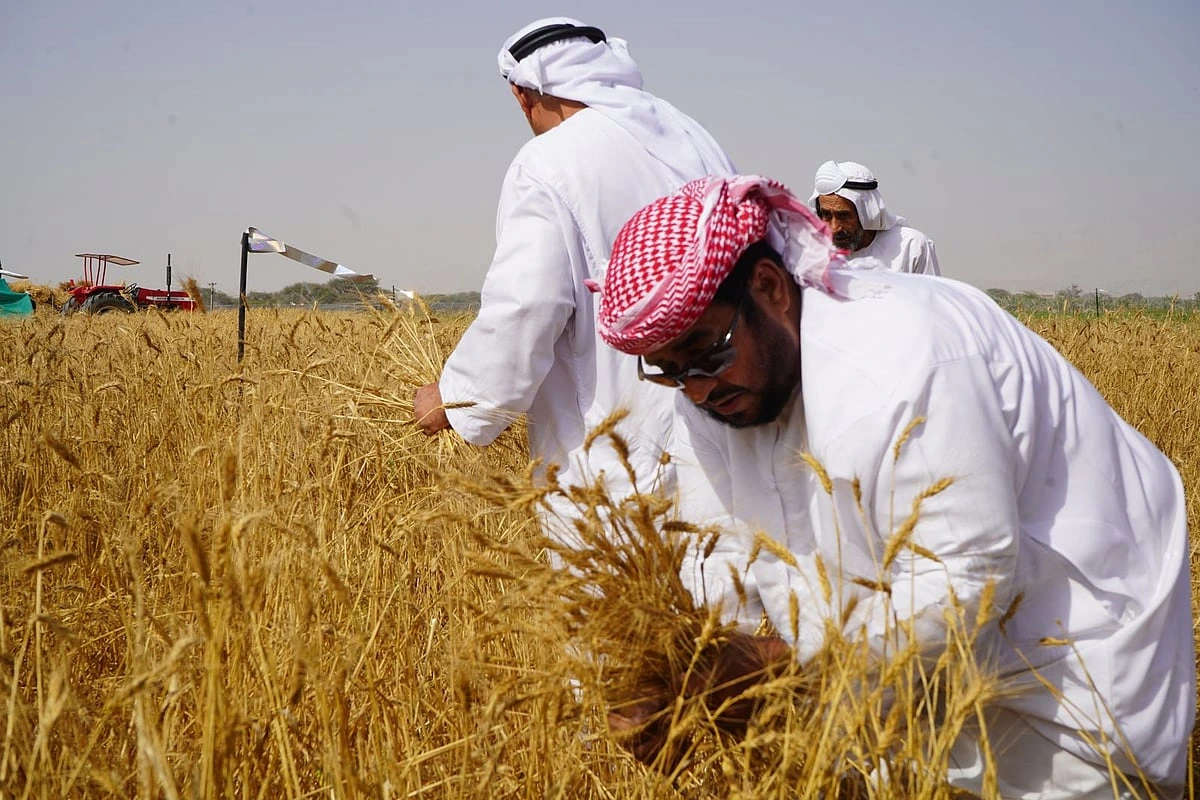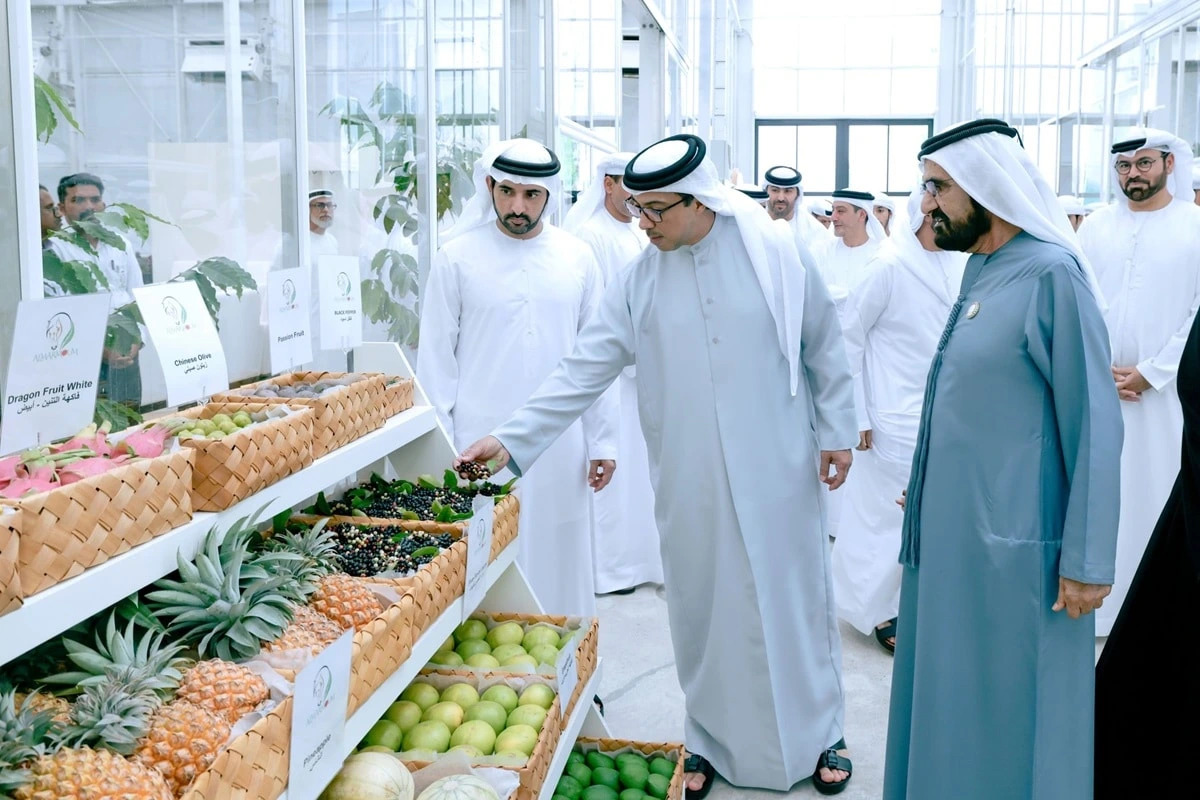Are you ready to tap into one of the fastest-growing industries in the UAE? Starting an agricultural business in the UAE has never been more rewarding. With a push for food security, a favorable business climate, and extensive government support, the UAE is opening its doors to agricultural entrepreneurs.
Why Choose Agriculture in the UAE?
Although the UAE may seem unlikely for agriculture, it offers unmatched opportunities for innovation and growth. Here’s why you should invest in agriculture in the UAE:
- Favorable Climate: With sunshine year-round and advanced irrigation systems, UAE supports diverse crop production.
- Rising Local Demand: Food imports are high. The UAE is now prioritizing local agriculture and self-sufficiency.
- Government Support: Incentives, grants, and subsidies are available for new agricultural projects.
- Global Access: Use the UAE’s logistics and trade infrastructure to reach international markets easily.
- Tax Benefits: Free zones offer zero personal and corporate tax, boosting agricultural profitability.
Clearly, the UAE is serious about agricultural innovation and sustainability. Let’s look at how you can enter the market.
Step-by-Step Guide to Start Your Agricultural Business in the UAE
Conduct Market Research
First, understand the local demand and global opportunities. Identify high-demand products like organic vegetables, poultry, or hydroponics.
Draft a Business Plan
Create a comprehensive business plan. It should outline your market focus, funding strategy, and operational model.
Choose a Legal Structure
Decide whether to open your business in the UAE mainland or a free zone. Free zones offer 100% ownership and tax benefits.
Register Your Business
Register your company with authorities such as the Ministry of Climate Change and Environment. Get all the necessary permits to operate legally.
Secure Land and Infrastructure
Lease or acquire agricultural land in approved zones. Ensure availability of water, power, and basic farm infrastructure.
Invest in Equipment and Technology
To ensure high yields, invest in modern farming equipment; irrigation systems, greenhouses, and automation tools.
Procure Seeds and Livestock
Source certified seeds or livestock from trusted suppliers. High-quality inputs result in healthier crops and better productivity.
Build a Skilled Team
Hire experienced farm managers and trained workers. Agricultural expertise ensures day-to-day operations run smoothly.





















